You know those stories where someone starts in the mailroom and ends up running the company? This is one of those stories, except it's real, and the company happens to be one of the biggest entertainment empires on the planet. Bob Iger didn't have fancy connections or an Ivy League pedigree. What he had was a willingness to show up at 4:30 AM, do the grunt work nobody else wanted, and learn everything he could about the business. Fast forward a few decades, and he's the guy making billion-dollar deals that reshaped entertainment as we know it. His journey isn't just about climbing the corporate ladder – it's about what happens when you combine relentless work ethic with strategic thinking and a clear set of principles.
Disney's CEO Started at the Bottom Making $150 a Week
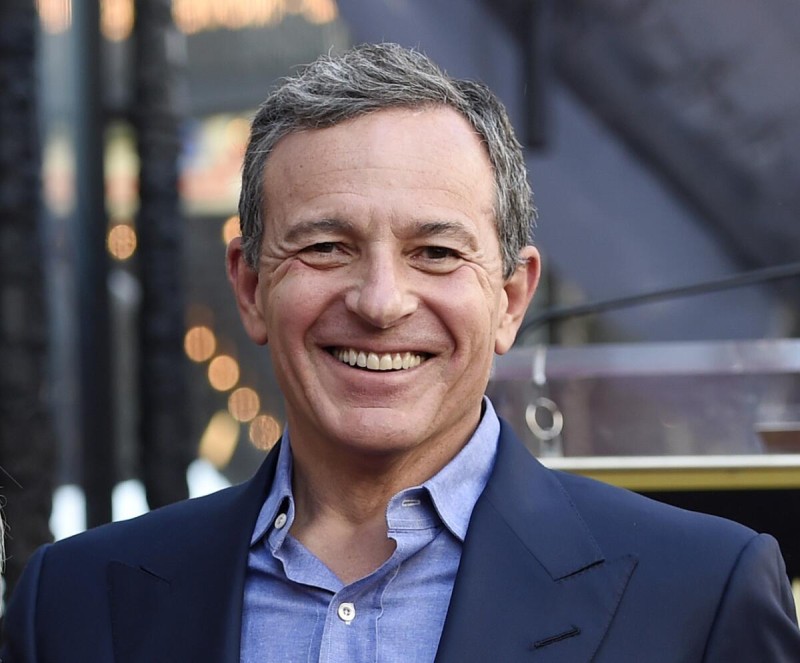
Let's get real about how this story actually starts – because it definitely wasn't in some corner office. Back in 1974, Bob Iger was just another 23-year-old kid trying to break into television. He'd spent a few miserable months as a weatherman in Ithaca, New York, realized he was terrible at being on camera, and decided to try working behind the scenes instead. That's when he landed at ABC as a studio supervisor, pulling in a whopping $150 a week. When you adjust for inflation, we're talking about maybe $700 in today's money. Not exactly rolling in cash.
So what does a studio supervisor actually do? Well, in Iger's case, it meant waking up before dawn to unlock sets for the crew, making sure the catering was sorted out, and basically handling whatever random tasks needed doing to get soap operas and game shows ready to air. Picture the most unglamorous TV job you can imagine – that was it. Most people would've seen it as a dead-end gig. But Iger? He looked at it differently. This was his foot in the door, his chance to understand how the whole machine worked from the inside out.
Here's what made this even harder: Iger came from a working-class family in Oceanside on Long Island. No silver spoon, no industry connections. His dad bounced around advertising jobs while dealing with manic depression, and young Bob watched him struggle with disappointment his whole life. That left a mark. When Iger showed up at ABC and realized everyone around him had fancy degrees from Stanford or Dartmouth while he'd gone to Ithaca College, he could've felt like he didn't belong. Instead, he made a decision: if he couldn't out-credential them, he'd out-work them.
How the CEO of Disney Built His Career Through ABC's Ranks
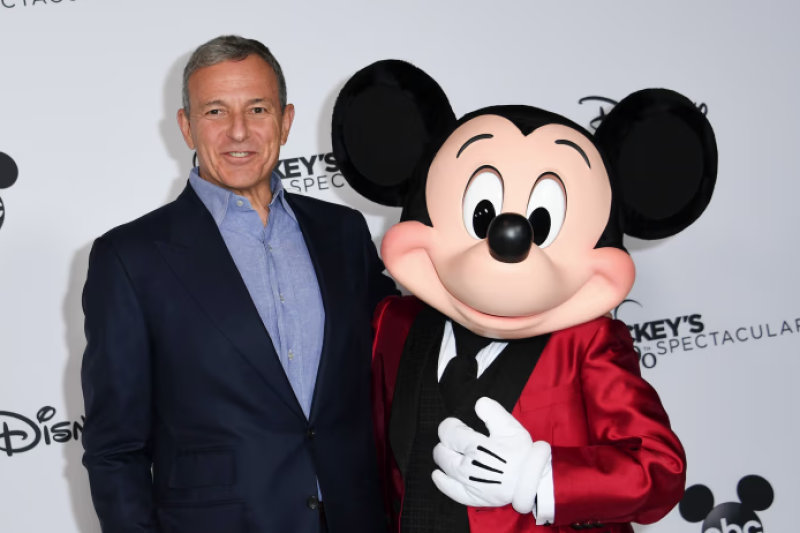
Two years into that grunt work, something clicked. In 1976, Iger moved over to ABC Sports, and this turned out to be the break that would change everything. He ended up working under Roone Arledge, this absolute legend in sports broadcasting who took Iger under his wing. This wasn't just about getting promoted – it was about learning from someone who really understood how to make compelling television that people couldn't stop watching.
By the mid-1980s, Iger was climbing fast. In 1985, he became vice president handling program planning and development for ABC Sports. Then in 1988, he got handed the Calgary Winter Olympics as senior program executive. Now, this could've been a disaster – the weather was awful, events kept getting delayed, and the whole broadcast schedule was falling apart. But instead of panicking, Iger's team made a genius call: focus on human interest stories. You know the Jamaican bobsled team story? Eddie the Eagle? Those moments became cultural touchstones, and the Olympics ended up getting record ratings for ABC.
That's when the top brass at ABC – Daniel Burke and Thomas Murphy – really started paying attention to Iger. Less than a year after that Olympics success, they made him president of ABC Entertainment in 1989. Suddenly he wasn't just making suggestions; he was the guy deciding what shows made it to prime time. And this is where the money really started coming in – we're talking millions per year, not hundreds of dollars per week.
Throughout the 1990s, Iger greenlit some massive hits. He championed "Twin Peaks" and "NYPD Blue" when they pushed boundaries that made people nervous. He backed "Home Improvement," "The Drew Carey Show," and "America's Funniest Home Videos." And he brought "Who Wants to Be a Millionaire?" to American television, which became absolutely huge. By 1993, at just 43 years old, Iger was president of the entire ABC network. The kid who used to unlock studio doors at 4:30 AM was now running the show.
The Peak: When Disney's CEO Transformed an Entertainment Giant
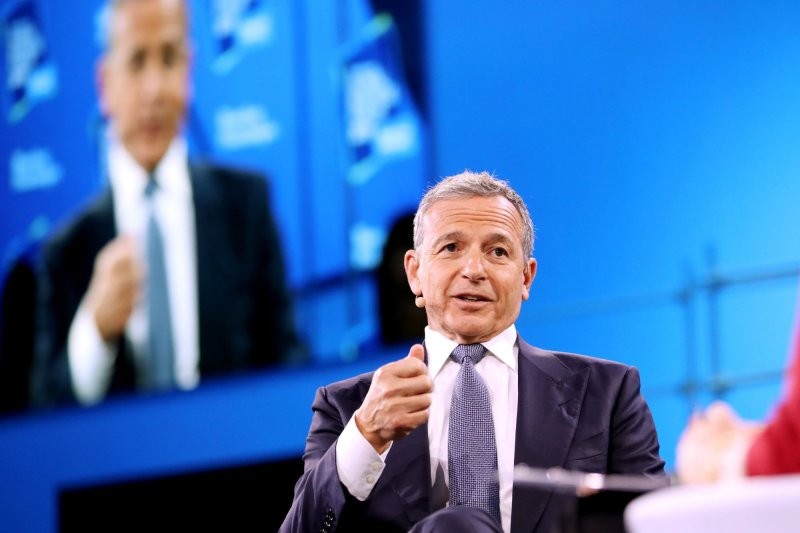
Everything changed in 1996. Disney bought Capital Cities/ABC for a mind-blowing $19.5 billion, and Iger stayed on through the acquisition. By 2000, he'd become Disney's president, then chief operating officer – basically Michael Eisner's right-hand man. At this point, Iger was making several million dollars a year in salary alone, plus stock options that were worth even more.
But the real turning point came in 2005. When Bob Iger stepped up as CEO of Disney, he inherited a company worth around $57 billion that was dealing with some serious problems. Disney Animation wasn't producing hits like it used to. The relationship with Pixar was basically broken. Creative partnerships were strained. The company needed someone to shake things up, and fast.
What Iger did next was pretty bold. His first major play as CEO of Disney was buying Pixar in 2006 for $7.4 billion. This wasn't just a business transaction – it was about fixing Disney's fractured relationship with Steve Jobs and bringing creative geniuses like John Lasseter and Ed Catmull into the Disney family to save the animation division. And it worked brilliantly. Disney Animation came roaring back with movies like "Up," "Frozen," and "Inside Out" that made billions at the box office.
Then Iger just kept going. In 2009, Disney grabbed Marvel Entertainment for $4 billion. A lot of people thought he overpaid. Turns out, the Marvel Cinematic Universe became one of the most profitable franchises in movie history. In 2012, he bought Lucasfilm for another $4 billion, bringing Star Wars home to Disney. And in 2019, Iger closed the biggest deal of all – acquiring 21st Century Fox for $71 billion.
The numbers during Iger's first run as CEO from 2005 to 2020 tell the story: Disney's net income shot up 400 percent. The market value went through the roof. And Iger's paycheck reflected that success. By 2019, he was pulling in close to $66 million a year, making him one of the highest-paid executives in the country. In fiscal 2021, his last full year before initially stepping down, his total compensation hit $45.9 million.
The CEO of Disney's Current Earnings and Net Worth Status
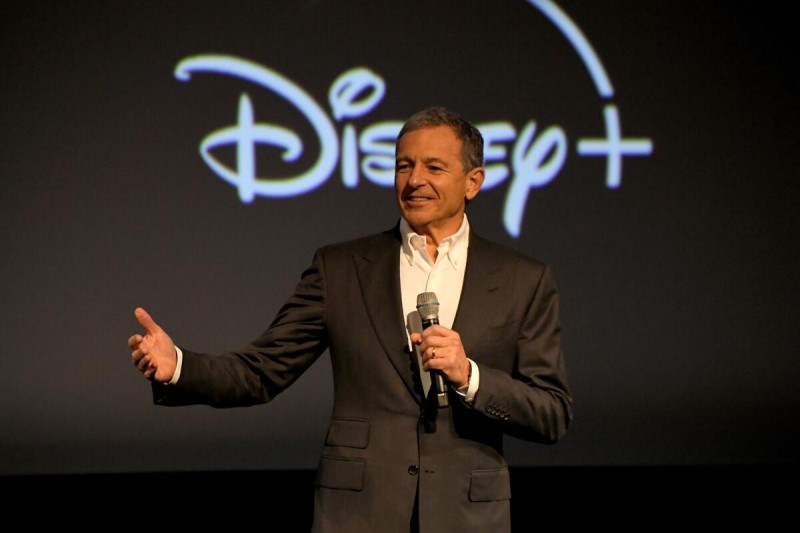
Here's where the story gets interesting again. Iger stepped away in 2020, thinking he was done. But in November 2022, Disney called him back after things went sideways with his successor, Bob Chapek. The streaming business was bleeding money, traditional TV was declining, and the board decided they needed Iger back to steady the ship. So he came out of retirement to fix things.
These days, Bob Iger is still making serious money. For fiscal 2024, his total compensation hit $41.1 million – that's actually up 30 percent from the year before when he made $31.6 million. Here's how it breaks down: his base salary is $865,385, which honestly sounds almost modest compared to the rest. The big money comes from stock awards at $16.1 million, stock option awards at $10 million, performance-based compensation at $2.1 million, and other stuff totaling $2.48 million. If he absolutely crushes his performance targets, those stock awards could be worth as much as $31.8 million, pushing his total take over $50 million for the year.
According to most estimates, Bob Iger's net worth sits somewhere between $600 million and $700 million. Forbes puts it north of $700 million. Either way, it's a fortune that took nearly 50 years to build. The CEO of Disney owns a chunk of Disney stock, though he's been selling shares strategically. In June 2021, he sold over 550,000 shares for close to $100 million. Then in November 2024, he sold another 372,000 shares worth about $42 million.
Want some perspective on these numbers? The average Disney employee made $55,111 in fiscal 2024. That means the ratio between Iger's pay and the typical worker's salary is 746 to 1. Yeah, that's up from 595 to 1 the year before. It's the kind of number that makes people uncomfortable. But supporters argue that Iger's decisions created billions in value for shareholders and kept tens of thousands of people employed.
Iger's current deal runs through 2026, and Disney's already announced they'll name his replacement in early 2026. Four people inside the company are reportedly in the running: Dana Walden and Alan Bergman who run Disney Entertainment together, Jimmy Pitaro who heads up ESPN, and Josh D'Amaro who runs Disney's theme parks and experiences.
How to Become Successful: The Disney CEO's Core Philosophy
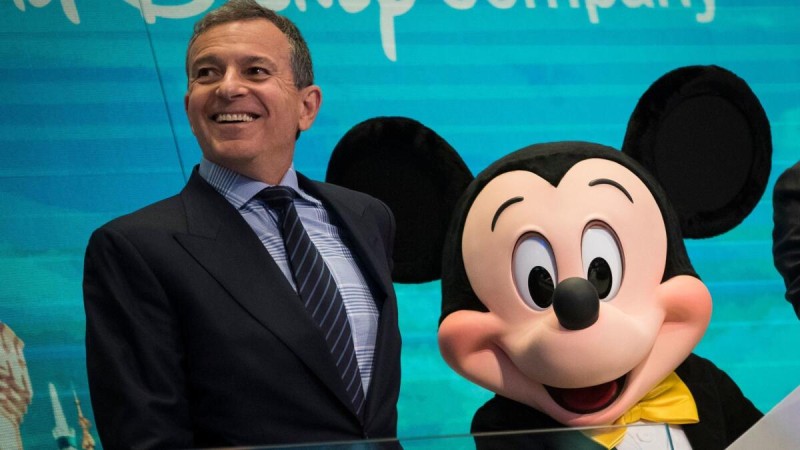
What really separates Bob Iger from other executives isn't just the billion-dollar deals – it's that he actually thought deeply about leadership and wrote it down in a way people can use. Back in 2019, he published this book called "The Ride of a Lifetime: Lessons Learned from 15 Years as CEO of The Walt Disney Company," and it became a bestseller. In it, he breaks down 10 principles that guided everything he did. These aren't just empty corporate buzzwords; they're real strategies that helped him navigate some incredibly complex situations.
- Let's start with optimism. Iger believes that if you're constantly negative and telling everyone the sky is falling, you'll poison your whole organization. Nobody wants to follow a pessimist. He's not talking about being unrealistically positive – he means having genuine belief in yourself and your team's ability to figure things out. When you're optimistic, people get energized and willing to take on challenges.
- Then there's courage. According to Iger, you can't innovate without taking risks, and you can't take risks without courage. He says too many leaders get scared and try to protect old ways of doing things that are already dying. His massive acquisitions – Pixar, Marvel, Lucasfilm – were all huge risks that required real guts. Any one of them could've blown up in his face and ended his career. But he had the courage to go for it anyway.
- Focus and decisiveness go hand in hand. Iger kept his eye on what mattered even when everything around him was changing. And when it was time to make a call – whether that meant spending billions on an acquisition or firing someone high-profile – he made the decision and moved forward instead of getting stuck in analysis paralysis.
- Curiosity is huge in Iger's mind. He thinks curiosity leads to imagination, and imagination is literally Disney's whole business model. It also means constantly asking questions and learning new things. This connects to thoughtfulness – actually taking time to get informed before you make decisions. Iger says you have to do your homework and be prepared, but you also have to accept that you'll never have perfect information. At some point, you just have to make the call.
- Fairness and treating people well were non-negotiable for Iger. Even when he was holding people to high standards or making tough calls, he tried to be respectful and empathetic. This turned out to be crucial when he was negotiating with creative leaders like Steve Jobs and George Lucas. These guys had other options – they didn't have to sell to Disney. What won them over was that Iger treated them with genuine respect and built real trust.
- Being authentic means not faking it. Iger says to just be honest, even when it's uncomfortable. People respect authenticity and they can tell when you're being fake. When he had to explain difficult decisions, he was straight with people about his reasoning instead of making up corporate nonsense.
- The relentless pursuit of perfection sounds intense, but Iger explains it's not about being a perfectionist who drives everyone crazy. It's about refusing to settle for "good enough" when you know something could be better. If you're making things, make great things. That mindset drove everything at Disney – the theme parks, the movies, the technology, all of it.
- And finally, integrity. This is the foundation for everything else. Iger believes nothing matters more than having quality people and quality products. Your company's success depends on setting high ethical standards for everything you do, whether it's a massive decision or a tiny detail. He has this saying: "The way you do anything is the way you do everything." When someone crossed ethical lines – like John Lasseter with inappropriate behavior or Roseanne Barr with racist tweets – Iger fired them despite the financial hit. Values matter more than money.
One more thing Iger emphasizes: stay humble. He actually admits that part of why he stepped down the first time was because he caught himself becoming dismissive of other people's opinions. When you're on top for too long, it's easy to start believing your own hype. The moment you look in the mirror and see your title instead of yourself, you've lost the plot.
Looking at the whole arc from that $150-a-week job to a net worth over $700 million, Iger's story shows that where you start doesn't determine where you end up. It's about the principles you stick to, the relationships you build with integrity, and having the courage to make big moves when the opportunity shows up. From unlocking studio doors before sunrise to running a $158 billion entertainment empire, his journey proves that extraordinary success often starts with ordinary beginnings and uncommon determination.
 Sergey Diakov
Sergey Diakov
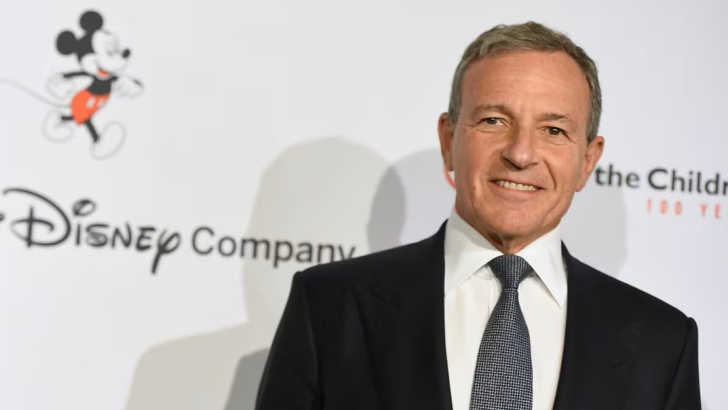
 Sergey Diakov
Sergey Diakov


